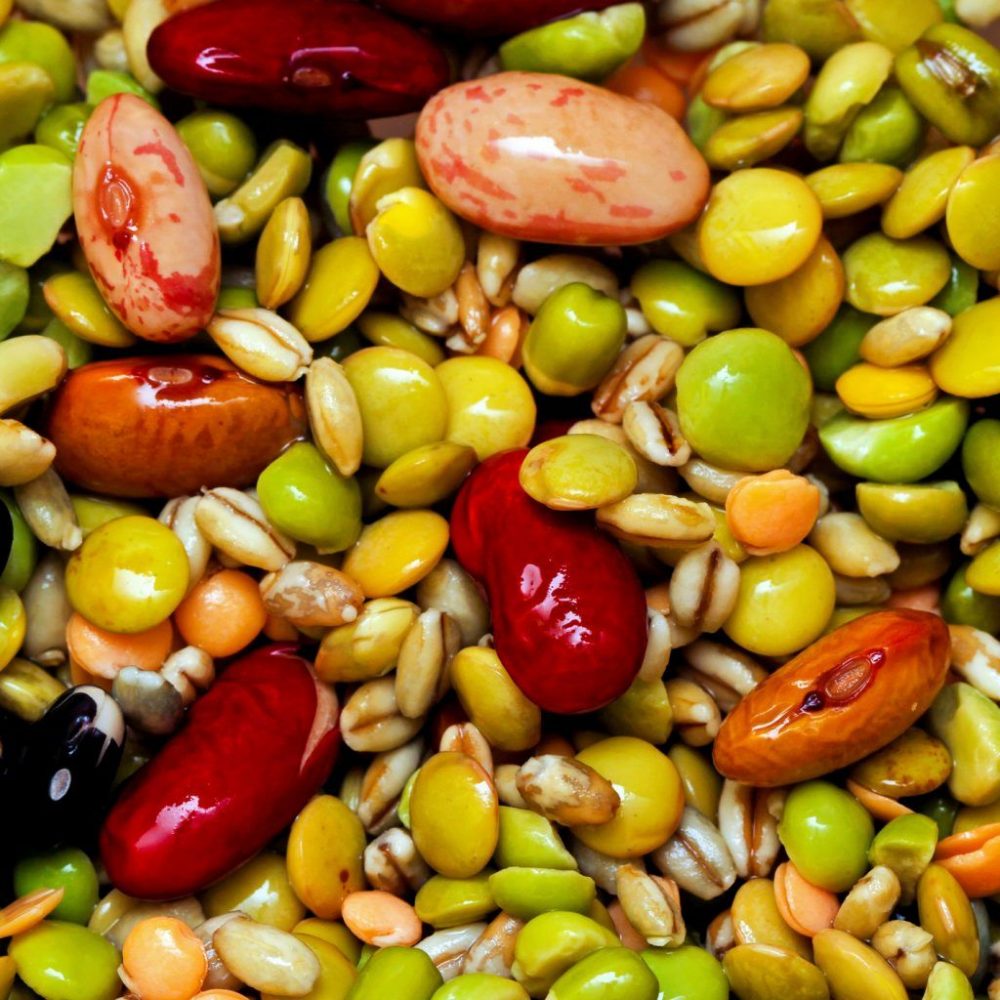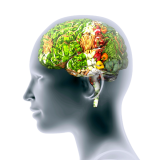

In 2007, Susan Gregory began blogging about her experiences with a bible-based eating plan she called the Daniel Fast. Inspired by the writings of the prophet Daniel, its purpose is to cleanse the body and help the devotee to develop a deeper spiritual connection to God. Over the next three years, the Daniel Fast gained popularity as did Ms. Gregory’s blog and her reputation as the go-to authority on this eating lifestyle. In 2010, she published The Daniel Fast and a new diet sensation was born. A simple web search will display the SRO bandwagon full of users, experts, blogs and books devoted to this program – even the ubiquitous Dr. Oz has weighed in with his version. It seems appropriate then, as this diet approaches critical mass, that it be inspected with a critical eye.
For the record, the Daniel Fast is not a fast. By definition, a fast means no eating. It is, as Ms. Gregory describes it, “a vegan diet, only with more restrictions.” In fact, it is easier to list the foods allowed than those restricted. The ‘yes’ foods include: fruits, berries, vegetables, legumes, nuts, sprouted grains, seeds and water. Just about everything else is off limits, including seasoning, most canned foods, processed foods containing additives and preservatives, salt and sugar. Preparation of the foods is limited as well, with frying among the key prohibitions. The idea is to eat foods in as close to their naturally occurring state as possible, which is fine.
Here’s the Problem
Vegan diets have specific nutritional deficiencies which require the use of supplements over time to avoid potentially serious health effects. These deficiencies include Vitamins A, D, E, B12, calcium, zinc, iron, and Omega-3 fatty acids. All of these vital nutrients exist in more bioavailable forms in animal sources. Of special concern is the lack of B12 in the vegan diet, as long-term B12 deficiency can lead to irreversible neurological damage.
To her credit, Ms. Gregory has designed the program to be three weeks in duration and, unless severe nutritional deficiencies already exist, no harm would come from using this plan. In fact, as a cleansing regimen, this diet would be a safe, effective approach to detoxification and should deliver most or all of the benefits it is claimed to imbue. She also recommends nutritional supplementation to fill the nutritional gaps.
That’s okay, but it should be noted that even the best vitamins and supplements are processed and have additives and preservatives in them. That may be nitpicking, but the idea seems to be, for users to replicate the way Daniel ate during that time that he was imprisoned and I doubt he was popping One-A-Days. Still, I admit, that is a small point to consider. Without reservation I can recommend this program for its cleansing properties.
That being said, among the growing legions of Daniel Fast acolytes, many are using this plan as a weight loss program. It will certainly help a person lose weight; but, if regular vigorous exercise and a long-term commitment to a healthy dietary lifestyle are absent, that lost weight will most certainly be found again. Moreover, there are those who have adopted this eating plan as a long-term approach to nutrition. Doing so requires specific attention to a structured plan for supplementing the diet in order to prevent the potential dire consequences of nutrient deficiencies. It can certainly be done, and it may be that those willing to embark on this way of life are ready to do that. Still, it is something to consider.
All in all, I would give the Daniel Fast high marks as a cleanse. For weight loss it is no different than any other program based on deprivation – the outcome is only as good as choices the user makes after the diet is over. As a long-term way of eating I can’t get behind it. I believe that human beings are naturally omnivores and that we get our best nutrition that way.




